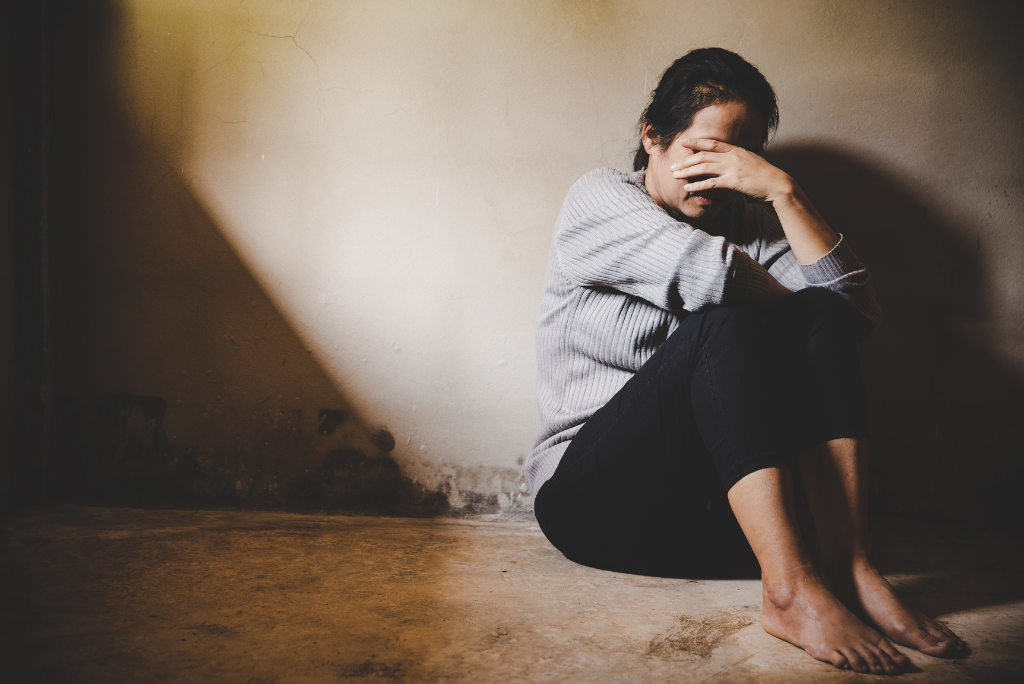Honour Based Abuse
Breaking the Silence: Understanding and Combating Honour-Based Abuse
Understanding Honour-Based Abuse
Honour-Based Abuse (HBA) encompasses a range of harmful practices aimed at preserving the perceived “honour” of a family or community. While there is no statutory definition in England and Wales, it is broadly recognized as “a crime or incident committed to protect or defend the honour of the family and/or community.” Honour-Based Violence (HBV) typically targets women to control their behavior under the guise of maintaining cultural, religious, and social norms.

The Concept of Honour in Different Cultures
In many cultures around the world, honour is a deeply valued principle. However, when this concept is manipulated to control and punish family members, it results in honour-based abuse. This form of abuse stems from misguided attempts to uphold cultural beliefs or family ‘honour,’ often leading to severe consequences.
What Constitutes Honour-Based Abuse?
Honour-based abuse is a form of domestic violence perpetrated by individuals, usually family members, who believe a relative has brought shame or dishonour upon the family. This can result from various actions, such as refusing a forced marriage, engaging in relationships outside the community’s norms, or adopting Western-style dress or lifestyle choices.
Causes of Honour-Based Violence
Honour-based violence can arise from several causes, including:
- Conflicts over inheritance
- Loss of virginity outside marriage
- Extramarital affairs
- Rebellion against traditional norms
- Insulting a family member
- Refusal of forced marriage
- Homosexuality
- Opposition to participating in honour-based violence against others
Victims and Forms of Honour-Based Violence
Honour-based violence manifests in numerous forms, including physical abuse, psychological pressure, abandonment, forced suicide, and even murder. Common triggers include refusal of marriage proposals, forbidden relationships, requests for divorce, pregnancy, and disagreements with family or community norms. While women and girls are most commonly victimized, men and boys can also be affected, particularly in cases involving LGBT relationships or relationships outside approved cultural or religious boundaries.
Recognizing Honour-Based Abuse
Identifying HBA can be challenging due to its often-hidden nature. However, there are warning signs, such as:
- Sudden withdrawal from school or work
- Isolation from social networks
- Unexplained bruises or injuries
- Emotional changes, including depression, fear, or anxiety

Consequences of Honour-Based Abuse
The impact of HBA is profound, leading to mental health problems, physical injuries, and, in extreme cases, abductions or ‘honour’ killings. Victims often endure long-term abuse, face multiple perpetrators, and are at a higher risk of serious harm or homicide.
The Concept of 'Honour'
In some communities, honour is valued above individual safety and well-being. Compromising a family’s honour is considered bringing shame and justifies emotional abuse, physical abuse, disownment, and even murder. Honour-Based Abuse is prevalent in South Asian, Middle Eastern, North and East African communities, including Muslim, Sikh, Hindu, Orthodox Jewish, and occasionally traveller communities. It is critical to emphasize that cultural tradition does not justify Honour-Based Abuse – forced marriage and all forms of domestic abuse are illegal.
Notorious Cases of Honour-Based Violence
Several high-profile cases have highlighted the issue of honour-based violence globally, such as:
- Banaz Mahmod (UK): Murdered by her family for leaving an abusive forced marriage and starting a new relationship.
- Qandeel Baloch (Pakistan): Killed by her brother for her social media presence, which he claimed dishonoured the family.
- Shafia Family Murders (Canada): Three teenage sisters and their father’s first wife were murdered to restore the family’s honour.
- Fadime Şahindal (Sweden): Killed by her father for rejecting an arranged marriage and addressing honour violence publicly.
- Hatun Sürücü (Germany): Murdered by her brother for living independently and rejecting traditional norms.
These cases have spurred global awareness and calls for action to prevent such tragedies.
Protection Measures
Protecting individuals from honour-based violence involves a multi-faceted approach, including legal, social, and educational strategies:
Legal Protection
- Enacting strict laws defining and criminalizing honour-based violence
- Implementing protection orders to keep potential perpetrators away
- Encouraging anonymous reporting to protect those at risk
- Creating specialized police units trained to handle HBV cases
- Providing secure shelters for victims and witness protection programs
Education and Awareness
- Community education on the criminal nature of HBV
- School programs promoting gender equality and human rights
- Training healthcare professionals to recognize and support HBV victims
- Media campaigns raising public awareness about women’s rights and HBV illegality
- Regular policy and legislation reviews to ensure effectiveness
International Cooperation
- Supporting international laws and conventions protecting women from violence
- Collaborating across borders to prevent victim abductions or forced repatriations
- Participating in global campaigns to end honour-based violence and support women’s rights
Research and Data Collection
- Gathering and analyzing data on HBV to understand its prevalence and causes
- Using research to inform policy and raise awareness
Conclusion
Addressing honour-based violence requires immediate measures to safeguard those at risk and long-term strategies to change the cultural norms that perpetuate such violence. It is crucial to involve all segments of society to create sustainable change and protect individuals from honour-based abuse.
